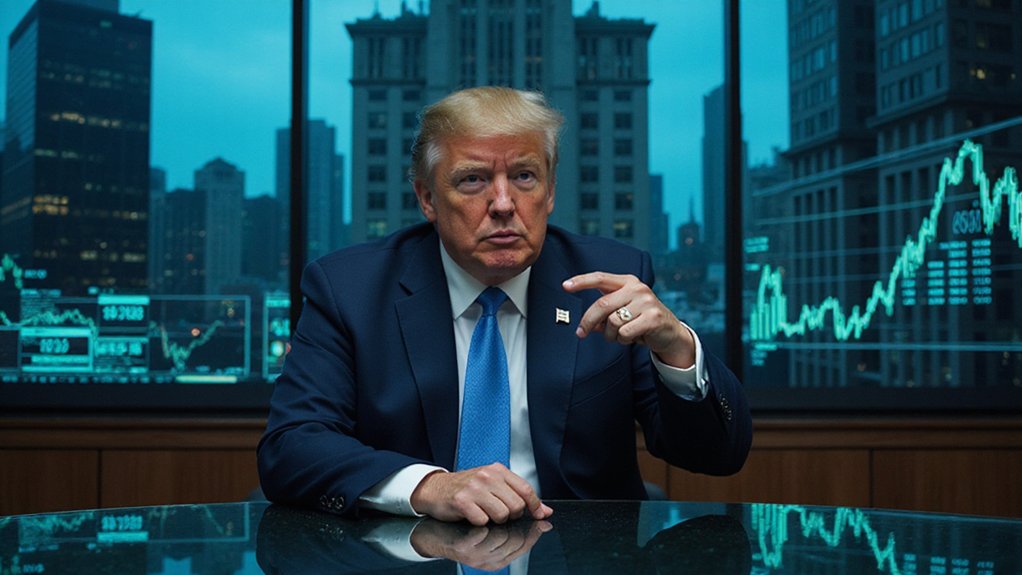For decades, the most tantalizing private equity opportunities have remained locked behind velvet ropes of accredited investor requirements and institutional gatekeeping—until Republic decided to hand retail investors a blockchain-powered key to SpaceX‘s formerly exclusive kingdom.
Republic’s tokenization initiative transforms economic exposure to Elon Musk’s aerospace venture into digestible digital assets, though these tokens represent something considerably different from traditional equity ownership. Rather than conferring voting rights or direct shareholding privileges, these blockchain-based instruments offer purely economic interests tied to SpaceX’s secondary market valuations—a distinction that matters considerably when liquidity events eventually materialize.
Republic’s blockchain tokens offer economic exposure to SpaceX without traditional voting rights or direct shareholding privileges.
The mechanics reveal both innovation and pragmatic constraints. Token valuations depend on periodic market assessments rather than real-time public pricing (given SpaceX’s steadfast private status), while holders position themselves for potential appreciation linked to IPOs or acquisitions. This structure democratizes access to a company projected to generate nearly $16 billion in revenue by 2025, driven by Mars missions that once existed solely in science fiction.
Republic’s ambitions extend beyond aerospace, with plans to tokenize shares of artificial intelligence juggernauts OpenAI and Anthropic. The irony proves delicious: retail investors can now access economic exposure to companies developing technologies that might eventually replace human investment decision-making entirely. These AI firms represent another frontier of previously inaccessible private market opportunities, where traditional gatekeeping has restricted participation to institutional players and accredited investors. The convergence of AI and blockchain creates entirely new market paradigms that were unimaginable just years ago.
The broader implications challenge conventional private equity exclusivity while introducing novel risks. Token holders gain exposure to high-growth private companies without the typical minimum investment thresholds, yet they surrender traditional shareholder protections and voting mechanisms. Investment minimums will range from $50 to $5,000, dramatically contrasting with traditional private equity barriers that often demanded five-figure commitments from participants. Buyers must accept that they will operate without access to companies’ financials, unlike traditional equity investors who typically receive detailed financial disclosures.
Potential secondary trading markets could enhance liquidity options, though regulatory frameworks remain evolving.
Republic’s model fundamentally disrupts financial gatekeeping by broadening wealth creation avenues beyond public markets. Retail investors can now participate in private equity’s traditionally exclusive domain, though they must navigate the complexities of tokenized economic interests rather than conventional shareholding structures.
Whether this democratization ultimately benefits retail participants depends largely on execution, regulatory clarity, and the underlying companies’ performance—variables that remain tantalizingly uncertain in this revolutionary financial landscape.









